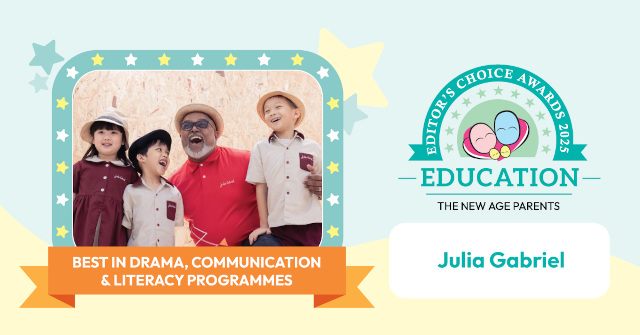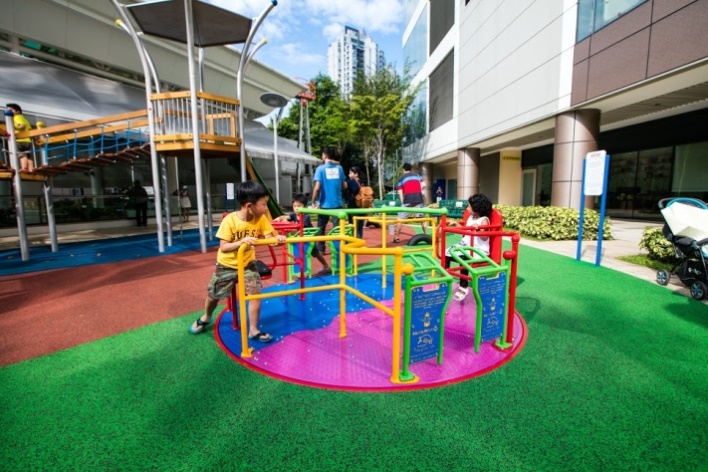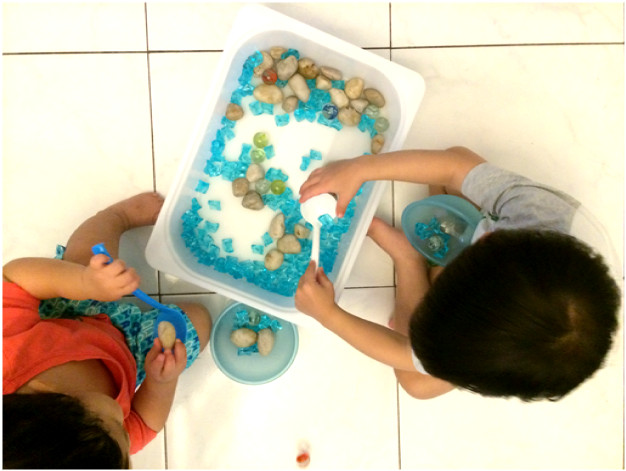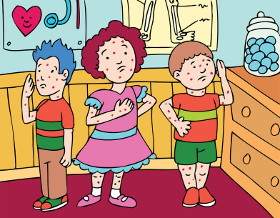How do you bring out the best in your child, who has sensory or speech and language issues as they grow up? Make it as appealing and cater to their interest, recommends our experts.
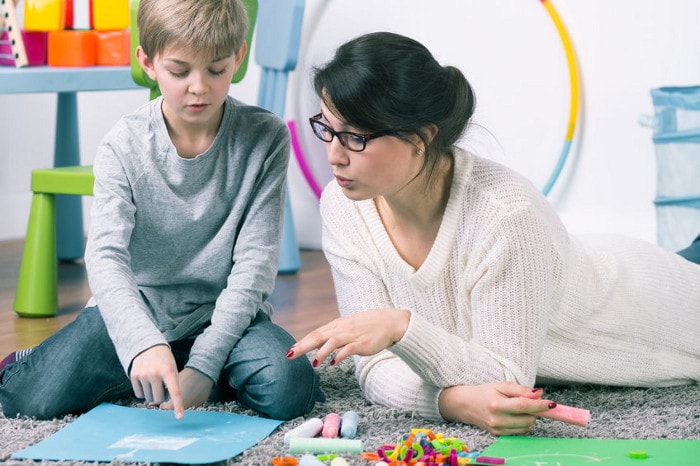
SENSORY STIMULATION
- Explain The Why
Student involvement is important for older children to foster a feeling of collaboration and responsibility for developing and achieving intervention goals and to learn self-advocacy skills for life. If you want them to listen to your suggestions, make sure they have an understanding of why they are doing what they are doing.
Older kids may already have a developed sense of what they like and what they do not like. “Booster” therapy or counselling may be helpful as this enables them to understand the “why” and “what” they need to do. This is particularly beneficial when faced with new situations and challenges such as new colleges, schools, clubs and getting to know new friends.
- What Interests Them?
It is important for you to look at each person individually and seek ways that best suits them. Interests and activities must be relevant to that age group. At a stage where they are seeking to be independent, getting them to complete tasks in an Occupational Therapy (OT) gym or in a 1:1 session with a Speech Language Therapist can seem rather “babyish” or too familiar.
What might be more useful is to get involved in outside interests, clubs, classes, groups, sports and training centres that are suitable to meet their sensory challenges and speech and language needs. Like most pre-teens or teens, they want to fit in and not stand out. Consider community and special interest groups such as hip hop, skateboarding, robotics, art, or drama, they help provide movement to help with sensory modulation and processing.
- Set Goals
Once they are interested in participating in an activity, make sure they are motivated to keep it going. Get them to set their own goals (e.g. completing sports events such as tennis tournaments or dance and drama shows). Above all, encourage them to try to achieve their goals and aims.
On the market, there are many devices such as Fitbit, Jawbone watches or inbuilt cardio apps on phones to help monitor their own progress which can help them to get out and moving.
⇒ Related Read: Teaching Our Children The Value Of… Setting Goals
- Sensory-Based Home Activities
At home, consider sensory activities as part of their daily routines i.e. daily stretches and the types of food they eat to help with regulation. Provide sensory areas in their rooms e.g. bean bag chairs or headphones for music where they can self-regulate and exercise in private.
Provide alternative furniture and equipment to help provide more movement whilst in their study room working on assignments. Simple ideas such as a gym ball or even a quirky shaped bean bag chair can make a difference.
DEVELOPING LANGUAGE AND SPEECH SKILLS

Although the language is still developing through the teenage years, it may not be possible to close the gap between skill level and grade level. This can be difficult for your child. Focus on teaching ways to compensate for language difficulties instead.
The key to developing language skills lies in reading, social experiences and exposure to education.
- Emphasize On The How
Be sure to emphasize how to learn rather than what to learn. Some strategies used in teaching older children with language difficulties include; inferring and identifying main ideas from conversation and written text using context, learning complex words and vocabulary associated with certain school subjects (e.g. history geography, science etc), graphic organisers to plan assignments (e.g. schedules, checklists) and spell check and grammar check (in electronic format).
- Is The Mode Of Communication Accessible?
Each individual is different, and each child may use a different mode of communication e.g. speech, sign language, speech generating devices, Picture Exchange Communication System (PECS), Augmentative and Alternative Communication (ACC) devices.
When you are choosing activities for your child make sure that they are activities in which they are able to access their mode of communication. If they are using PECS or a computerized AAC device, it is vital that they have access to the appropriate vocabulary that is related to that activity, so they can communicate their wants and needs effectively.
- Do The Activities Appeal To Them?
Look for activities that are internally appealing and motivating for young people. Older children like to try things out, explore and weigh the pros and cons before coming to a decision. That way, they get to know and understand what works for them and what does not. Not everyone likes to be in groups, some prefer individual attention, some like outdoors, whilst others prefer to stay indoors. Consider their personality, or their own preferences and skill level.
Tap on their interest in social media, encourage them to look at websites, such as workouts and dance steps on “YouTube”, which incorporate sensory movement and input especially for those who are not good being in groups or dislike being in crowds
⇒ Related Read: What To Do When Your Child Asks For A Social Media Account
When encouraging them to achieve their speech and language goals, you can motivate them by using materials that interest them. For example, reading and discussing articles about a hobby they are interested in, books about their favourite TV character or engaging in conversations during activities that they enjoy.
- Extra Help Needed

Older kids with speech and language needs may need further support and education regarding different social media platforms as each of these social media platforms come with their own vocabulary and a variety of social ‘rules’.
Those who are using these platforms may require specific education on how they are used but may also require education about what is socially ‘appropriate’ communication on these platforms. Be sure to check in with their teachers or Speech and Language Therapists to devise an appropriate education plan when using social media.
- Speech And Language Home Activities
Speech and language activities are part of everyday communication at home. You may like to establish a work table or workspace for your child where they can work on ‘worksheets’ or tabletop tasks that help them with their language development. Make sure that they can use their mode of communication effectively at all times of the day.
If they use an alternative communication mode to speech, always have their communication book or AAC device at hand so they can express their wants and needs as easy as they can. Use strategies such as repetition of vocabulary, modelling and demonstration of the use of vocabulary, sentence types and check understanding.
By Clare Shannon, Speech and Language Therapist and Georgina Knight-Hassell, Occupational Therapist from Thye Hua Kwan Therapy Services.
This article was first published in The New Age Parents e-magazine.
* * * * *
Looking to reach over 100,000 parents in Singapore? Let us amplify your message! Drop your contact details here, and we’ll reach out to you.
Discover exciting family-friendly events and places to explore! Join our Telegram channel for curated parenting recommendations.










